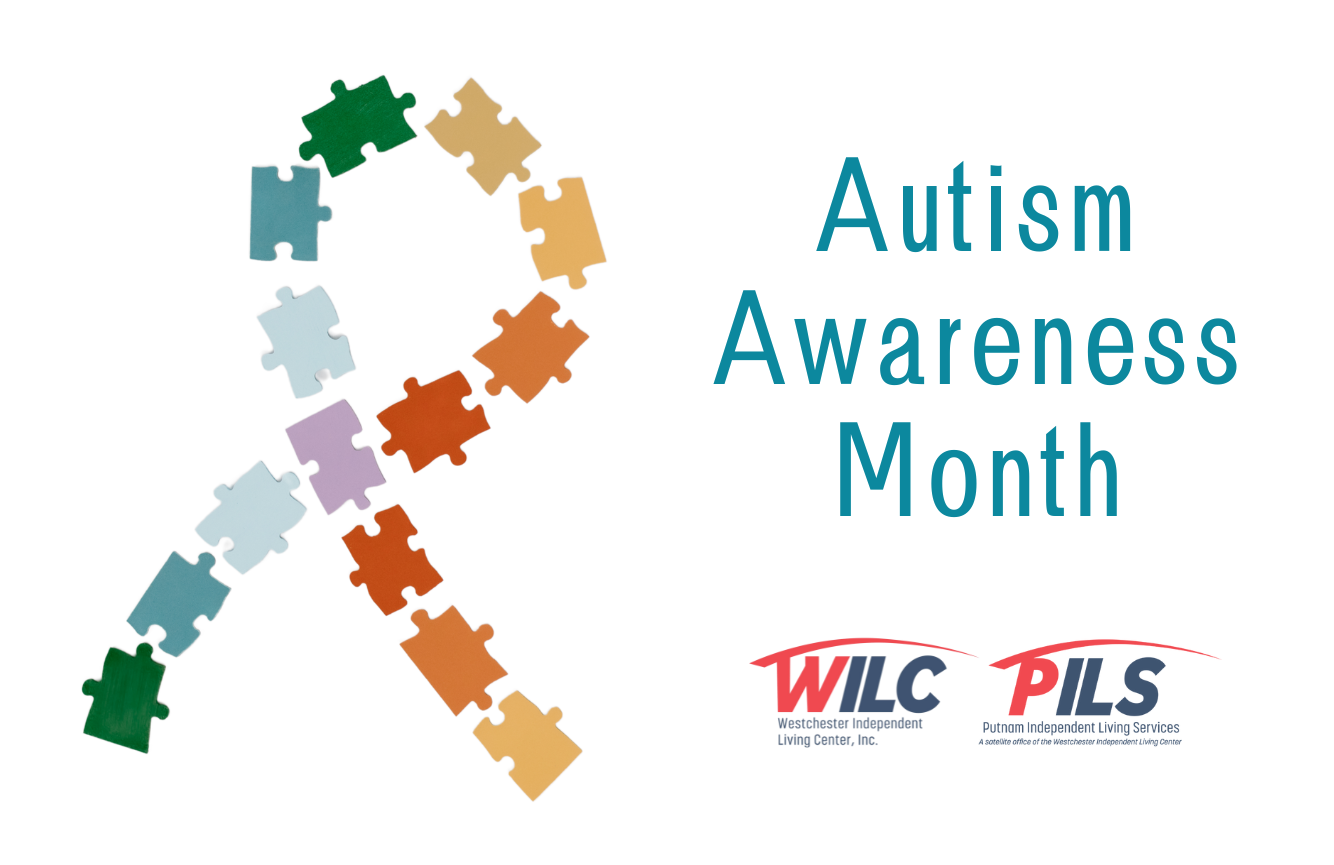
April is Autism Awareness Month—a time to elevate understanding and celebrate neurodiversity. At WILC and PILS, some of our team members bring not only professional expertise, but personal experience as parents of autistic children. Here, they share heartfelt reflections on what parenting on the spectrum has taught them.
To explore upcoming programs, workshops, and helpful resources for families and caregivers, visit the Calendar of Autism Awareness Month Events, or find upcoming webinars listed at the end of this blog. Stay connected as we continue to support and learn from one another.http://Calendar of Autism Awareness Month Events
From Robin LLaque, Educational Advocate
What does being a parent of a child with Autism mean? It means to love your child like any other parent should love their child and that is without conditions. Children will show you love and all things beautiful in many different forms, you just have to allow yourself to see it and enjoy that moment and celebrate it. For parents of a child with Autism it makes the small sweet gains that much more beautiful — you learn to cherish the little things. Some parents won’t ever know what that feels like because their child might be hitting every benchmark and are excelling in areas that your child might not be at this time or ever but that is okay; it teaches you what is important and who is important in your life and your child’s life, and to not sweat the small stuff — life is too short.
From Fiona Rattray, Parent Training & Information Specialist
I come from an artistic family and went to a specialist art high school. Consequently, during my youth, people would frequently ask if I was artistic and I would jokingly answer ‘No, but I’m autistic’ (in the 1970s we didn’t know better). Little did I know that I would grow up to become the mother of two autistic children.
Before becoming a parent in the late 1990s, I was a special education teacher and was sent to do training on something called Asperger Syndrome. None of this prepared me for the shock of discovering that my bright and articulate kindergartner was struggling in school and suspected of having autism. I remember staring at the teacher with incredulity and muttering, “What on earth are you thinking? She makes eye contact, she smiles, she jokes, of course she’s not autistic!”
Now, I know better and I do better. We have come along way with our understanding of autism in the past 50 years but there is still much more to learn.
My kids are now 26 and 18. They are both entirely different people. In fact you could say they are like chalk and cheese.
My eldest has a superior IQ and can present as neurotypical, yet she is the one whose life is most negatively impacted by her autism. She couldn’t bear school and left at 16.
My youngest was severely delayed as a child, and is painfully shy, with limited verbal expression, but he loved school and is now attending four year college.
Both of my kids and the scores of people with autism I have since met (including my father-in-law, who was diagnosed in his 70s), are amazing human beings with unique and valuable insights. We need to keep advocating and fighting for their voices (verbal and non-verbal) to be heard, otherwise we are missing out on their potential to make an important and valuable contribution to society.
From Rosemary Engel, Bilingual Education & Outreach Specialist
“The joy of witnessing a child’s spark of understanding is a happiness that fills my heart and brings a spark of life back into to me.” “That light is a beautiful thing”.
Upcoming Webinars & Events with WILC/PILS
- April 22 @ 6:30 pm – 7:30 pm Webinar: Advocating For Your Autistic Child
-
